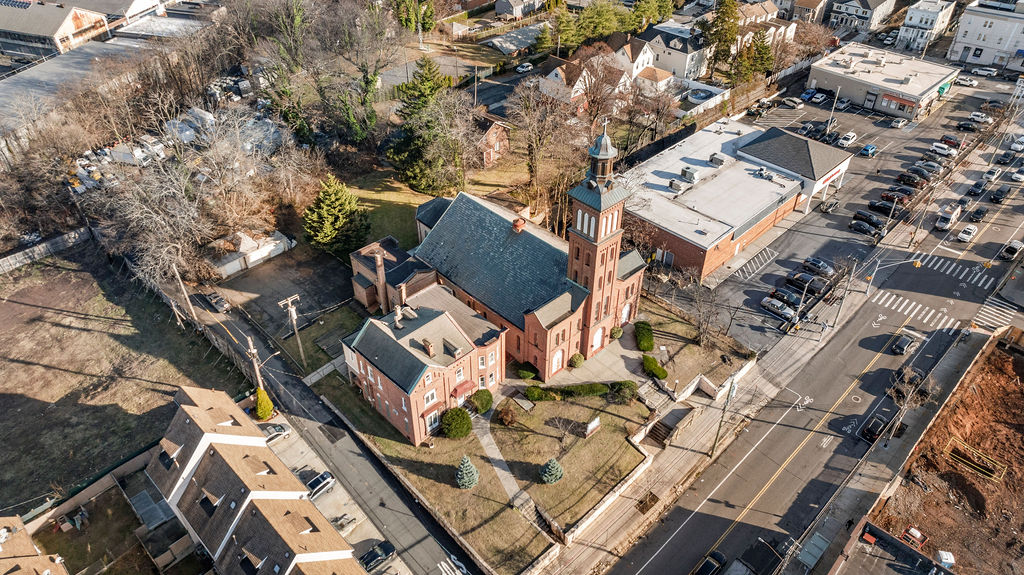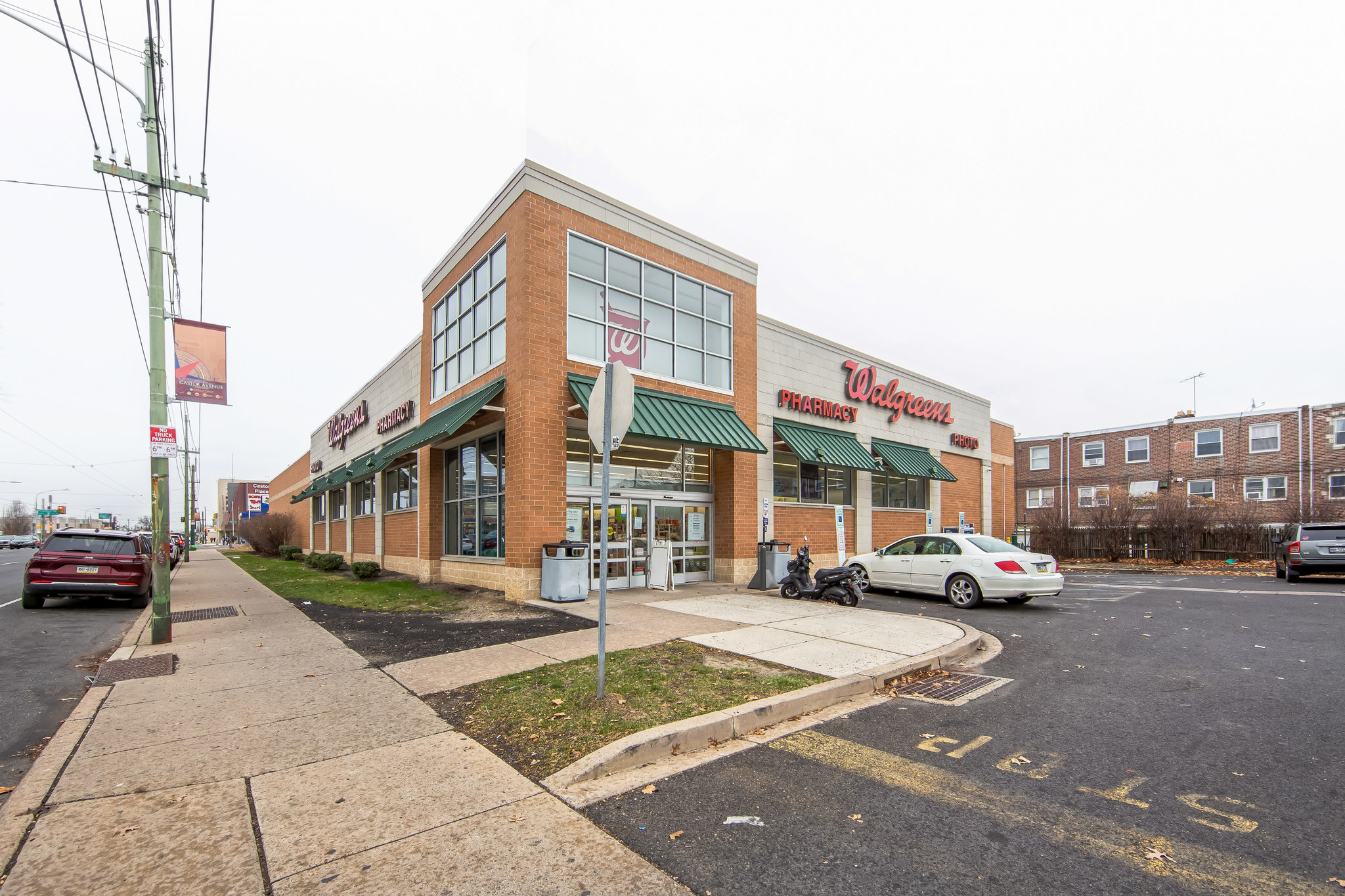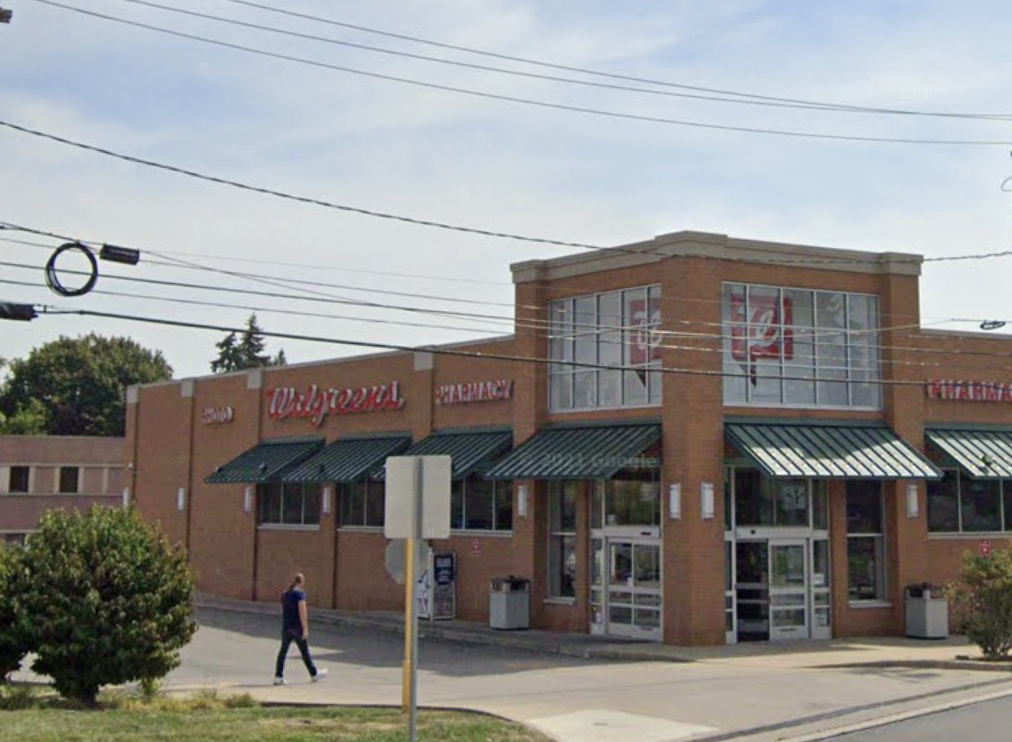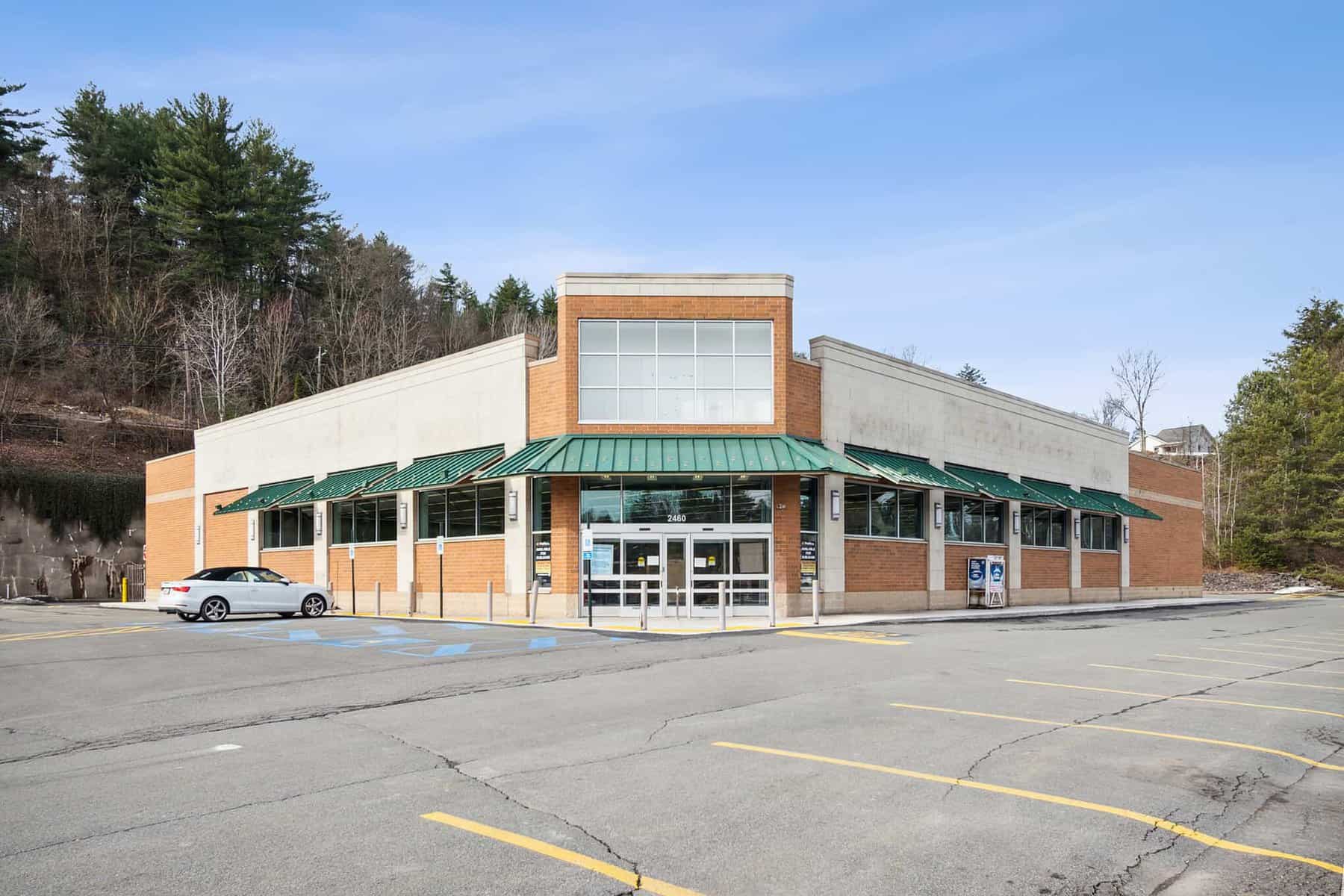Conduct an Energy Audit
A good starting point when you want to improve your energy-efficiency is to conduct an energy audit.
During an energy audit, a professional comes to take a look at your home and evaluate how much energy you’re using on a regular basis. They’ll also let you know which aspects of your home use up the most energy.
If you feel like you’re in the dark when it comes to reducing energy usage, an energy audit can provide you with direction and help you figure out which changes will have the greatest impact.
Adjust Your Thermostat
Many people find that adjusting their thermostat can have a big impact on how much energy they use throughout the day.
Turning the thermostat up by a few degrees in the summer and down by a few degrees in the winter can help to lower your heating and cooling bills without making your house too uncomfortable.
You could also try turning the thermostat up or down more when you’re out of the house so that you’re not paying to heat or cool an empty building.
Change Your Showerhead
If you worry about how much water you use on a regular basis, especially hot water, consider switching out your showerhead.
If you switch to a low-flow showerhead, your home’s water efficiency will improve in a dramatic way. Some people even find that they’re able to cut their water usage (in gallons per minute) in half by making this one simple swap!
Seal Your Windows
If you have gaps in your windows, you could be letting a lot of warm or cool air out of your house every time the heater or air conditioner is running. This can also alter the temperature of your house and cause your heater or air conditioner to kick on more often than is necessary.
Spend some time going from room to room and checking the windows in your house. If you notice any drafts, seal those windows as soon as possible.
Turn Off Unnecessary Water
You might not be ready to switch to a low-flow showerhead. That doesn’t mean you can’t make other, smaller changes to your water usage.
For example, you can save a ton of money just by turning off the faucet when you brush your teeth instead of letting the water run for two minutes straight. Running full loads of laundry instead of half-loads, which waste lots of water, can be helpful as well.
Replace Your Lightbulbs
Consider swapping out your lightbulbs for more energy-efficient varieties. LED lightbulbs will last longer than incandescent bulbs, and they use less energy.
You don’t have to throw out all your lightbulbs and replace them with LEDs overnight. As they burn out naturally, though, replace them with LED options instead of another incandescent bulb.
Beware of Energy Vampires
If you’re like most homeowners (and most people, period), you likely have a lot of devices that are plugged in throughout the day, even when nobody is using them. These perpetually plugged-in devices are known as energy vampires.
You might assume that, if the device isn’t in use, it’s not sucking up energy. If it’s plugged in, though, it’s using electricity so that it’s ready for you when you do reach for it. Consider unplugging these devices until you actually need to use them.
Insulate Your Attic
This is a bigger project, but it can have a huge impact on your energy efficiency. Insulating your attic (or improving the existing insulation) will help to keep your house warm in the winter and cool during the summer. It’ll help to keep the warm or cool air in your house where it belongs and save you from expensive and unnecessary energy leaks.
Go Solar
Another big project that can yield big results is installing solar panels on your roof. Going solar can slash your electricity bill in a major way. You might even find that you’re getting money back from the power company because your house is so energy efficient.
Solar panels are definitely expensive, so this is an update that you’ll likely need to save up for. Keep in mind, though, that there are programs out there designed to help lower the cost. You can also qualify for federal and local tax breaks when you go solar.
Use a Laptop Computer
Laptop computers use way less energy than desktop computers. If your current desktop is on its last legs, consider replacing it with a laptop instead. Not only will you have more flexibility with your work, but you’ll also use less energy and can lower your power bill.
Upgrade Your Heating/Cooling System
Finally, you may want to consider updating your heating and cooling system.
Switching to something like an air to air heat pump can help to lower your energy bills and also improve the air quality in your house. If you or someone in your family struggles with allergies or asthma, a new heating and cooling system could make a big difference and help you breathe more easily.
Try These Energy-Saving Ideas Today
As you can see, there are lots of energy-saving ideas you might want to try to reduce your energy consumption and lower your monthly bills.
Remember, too, that you don’t have to overhaul everything all at once. Even trying out just one or two of these ideas could have a big impact on your overall energy usage without overwhelming you and your family.
Do you want to learn more about saving money while maintaining your home? If so, check out some of our other home improvement-related articles today for more great advice.







Leave a Comment